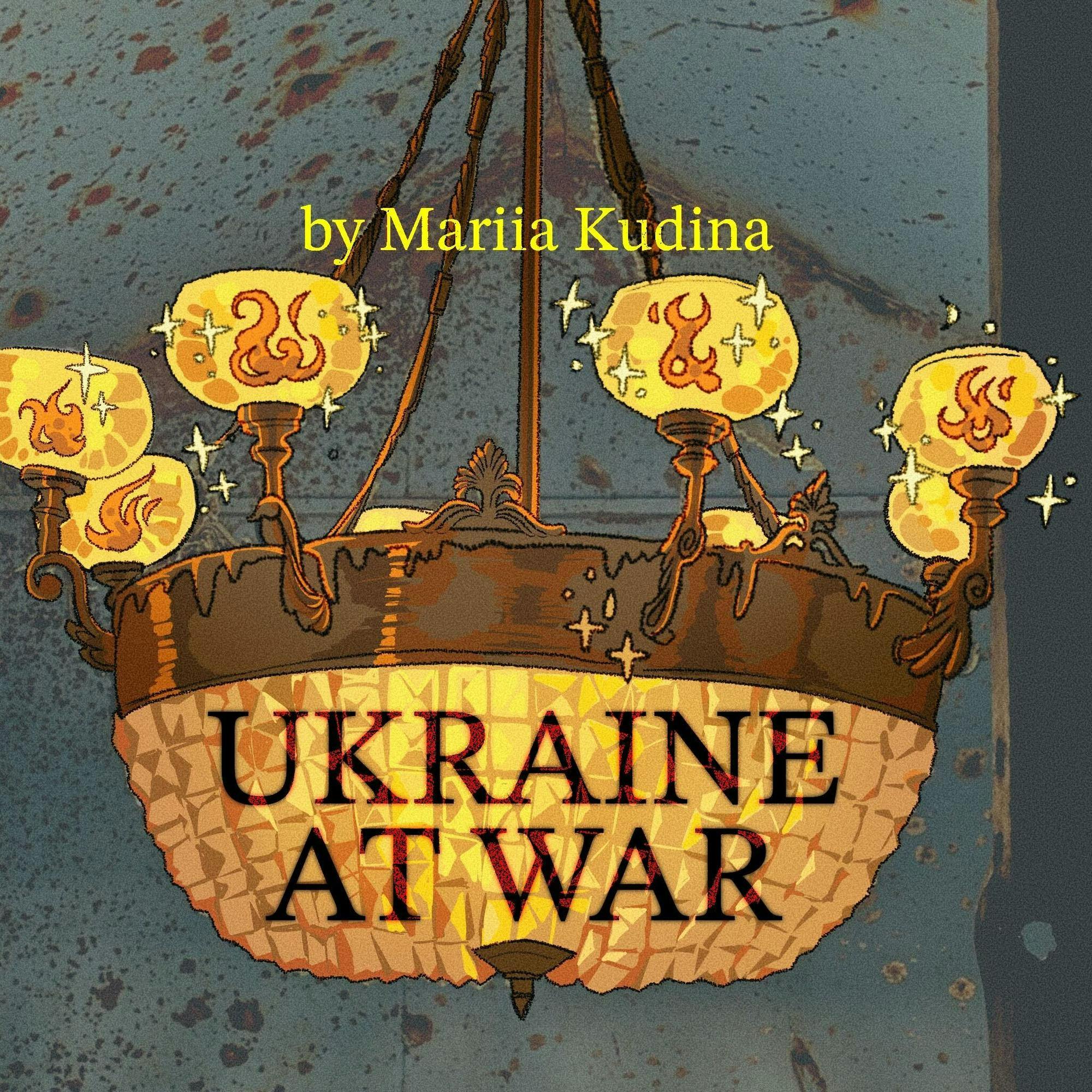This year, a famous Ukrainian rock band, Okean Elzy, celebrated its 30-year anniversary. The group has become a symbol of resistance for all generations of independent Ukraine. For my parents, Okean Elzy became an integral part of the Orange Revolution in 2004 and 2005, when Ukrainians protested against election fraud, and Euromaidan in 2013 and 2014, when the citizens objected to pro-Russian governmental policies. I strongly link the band’s music with those events as well, but mainly with Ukraine’s counteroffensive and defense during Russia’s full-scale invasion. This October, Okean Elzy performed in Boston as part of its global tour. The day after the concert, I had a chance to listen to a talk by the lead singer Svyatoslav Vakarchuk at Harvard.
Vakarchuk shared his perspective on creating music during wartime. According to him, making art amid the full-scale war is essential for sustaining Ukrainian culture. It is an act of resistance that proves both to Russia and the world that Ukrainians are a resilient nation that will not stop developing even if they are attacked brutally on a daily basis. “[The Russians] want us to stop being, stop living, … stop being who we are. Leaving the country, fleeing, abandoning our habits, abandoning things that we like … [to] change our values. And then, little by little, cease to exist as a nation,” Vakarchuk said.
He highlighted that prior to the war, Russians wanted to suppress the Ukrainian nation by political and economic means. When these attempts failed, they decided to use weapons. Vakarchuk described how music serves as both a necessity and a form of resistance in his life. “You need to do music, because you need to be yourself. I can’t help making music, it is a part of me. It doesn’t matter if it is a war or it is a peaceful time,” he said.
At the same time, Ukrainians who live abroad should always remember the war and continue to advocate for Ukraine. “Whatever you do and however you live, you need to remember somewhere in the back of your bones that the war is still there. And everything we do should be applied to this idea that Ukraine must win this war,” Vakarchuk said. “We need to make sure that everyone contributes. So we need to keep playing music, keep doing what [we] do, … keep studying, keep making ourselves stronger.”
Vakarchuk frequently travels to the battlefields to play music for Ukrainian soldiers, and his reflections from the visits give me hope, especially in the light of the ongoing mobilization in Ukraine. Watching so many families, including my own, being separated because of the need to defend the country, is heartbreaking. Obviously, we have a duty to protect our land, yet knowing this does not take away all our worries for the soldiers, many of whom were conscripted with very little or no prior military experience. From Vakarchuk’s observations, many people who did not join the army voluntarily, but were conscripted, find a sense of community within a few months as they adjust to their new reality. “[These] are probably the best people Ukraine has. They are the concentration of this pureness; even those who were afraid to go to the war, … not only volunteers, but people who were just conscripted and enlisted to the army. Later, in a month or two there, they turn into different people because there’s constant danger, but also the presence of your friends, this camaraderie. It makes you a different person.”
I grew up on music by Okean Elzy, and hearing Vakarchuk’s take on the necessity to continue creating in the midst of the war has been tremendously valuable for me as an art student from Ukraine. Most of my work at the School of the Museum of Fine Arts revolves around the war in my country, and sometimes I question myself, wondering if my work makes any difference at all. Remembering Vakarchuk’s words serves as a reminder for me that even if my films and research do not change the course of the war, it is meaningful to continue bringing up the war in Ukraine in an academic setting. I do not break under the pressure of the constant anxiety and death that Russia brings to my home, carrying on raising awareness about the invasion in a way obtainable for me.






